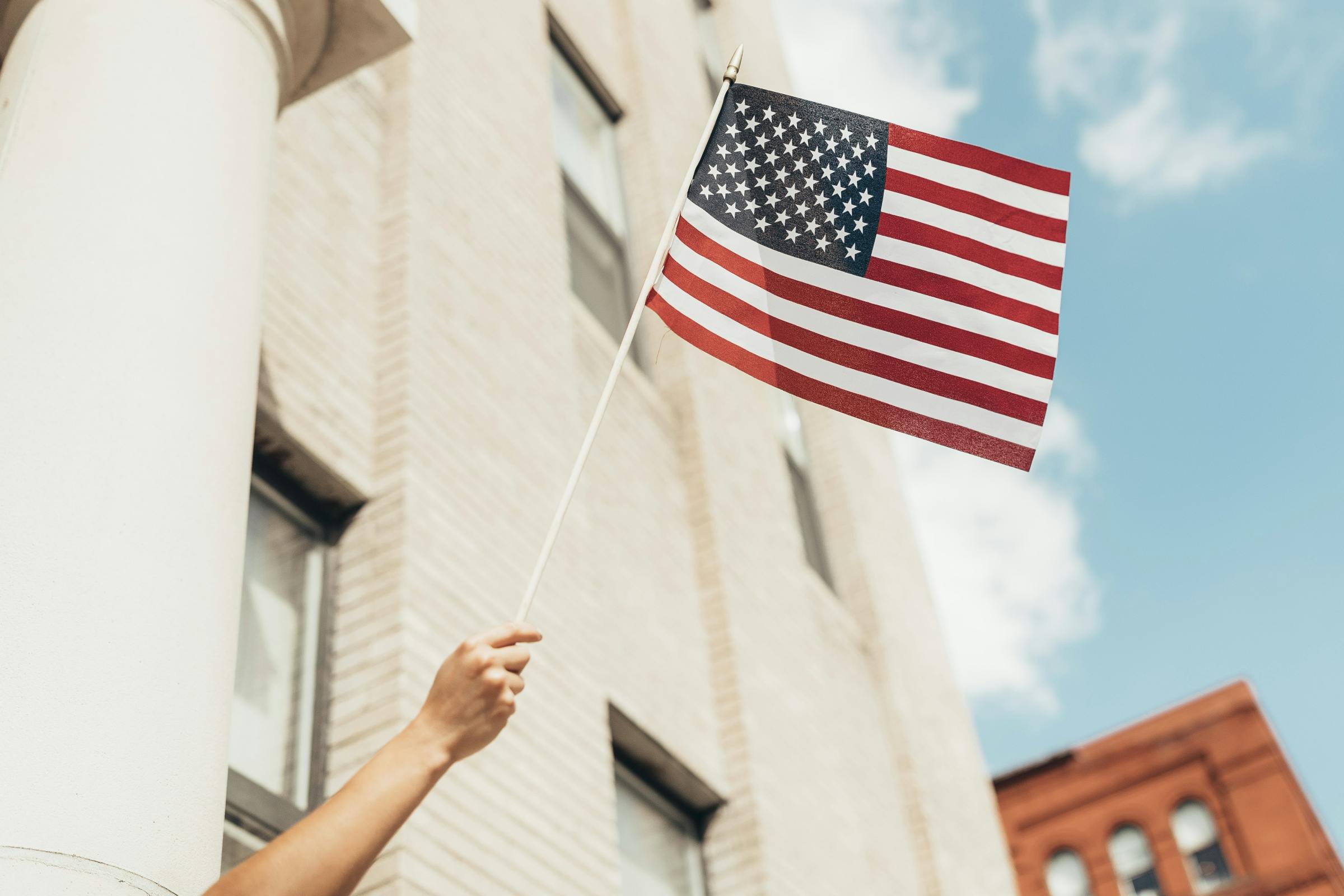Applying for an EB-2 National Interest Waiver (NIW) does not mean that the intending immigrant will be able to live in the United States indefinitely. Most applicants will either have to adjust their status by filling out and going through the I-485 application, or they will petition to the USCIS to renew or extend their EB-2 status. The EB-2 visa (regardless of whether it is part of the NIW process or an employment visa) is in most cases valid for a five year period. If you had been accepted for an EB-2 NIW four years ago, chances are the definition of the national interest has changed a little bit since then. This presents challenges for those who are looking to stay in the U.S. under a NIW.
Accordingly, this post will be dedicated to understanding how the national interest changes over time, how it is affected by the U.S. economy and the perceived effect of hiring foreign workers, and also how Covid-19 has changed immigration scrutinizing when it comes to new applications and renewing ones NIW application.
Case Example: Brazilian Physical Therapist
In South Florida last week, a Brazilian physical therapist had the renewal of his EB-2 NIW denied, although the USCIS in their determination did not give a sufficient reasoning as to why the physical therapist will no longer be able to practice in South Florida. The USCIS simply stated that his position was not considered to be one of national importance despite the shortage of medical workers.
Dienaro Germanowicz has been practicing physical therapy in West Palm beach for years, and during the last year especially was going into assisted living facilities even when they were on lockdown due to the Covid-19 pandemic to work with patients. He holds an advanced degree in his field and has been cited by other leaders in the field as an exceptional professional.
However, the reflection of Germanowicz’ case, who is not sure of what to do, but has appealed his rejection to the Administrative Appeals Office (AAO), shows that the national interest can change over years, especially when the U.S. economy is recovering from a pandemic. It also shows that one of the previous Presidential Proclamations that was signed under Trump, in which “ "any alien seeking to enter the United States on an immigrant visa…to perform work essential to combating, recovering from, or otherwise alleviating the effects of the COVID-19 outbreak" has shifted from preventative care associated with Covid-19 to issue areas such as vaccination.
And as more of the general population become vaccinated and the economy further shifts to incorporate more American workers who are able to travel for their jobs and feel ready finally to apply for in-person positions, this only means that the scrutiny of NIW applications is likely to go up in the coming months. This could have been one of the reasons that Germanowicz NIW was not renewed, even though he had been such an important figure in his community while there was no vaccine to offer to the general public.
To read the full story of Germanowicz case, please see the following link: https://www.wptv.com/news/region-st-lucie-county/port-st-lucie/physical-therapist-from-brazil-petitions-u-s-in-effort-to-stay-in-country
Options for NIW Recipients
While the above example presents some problems for NIW applicants, it does not mean that those who are already in the United States under this waiver need to suffer. There are options for individuals like Germanowicz that are worth mentioning, and these include:
1. Having a U.S. citizen spouse file a petition on behalf of the NIW recipient if they have gotten married since living in the U.S. and have their marriage certificate and joint documents at the ready.
2. Finding another employer in the immediate area (in this case a medical group) to sponsor the NIW recipient under the I-140 petition and try to secure an employment visa that is not in the national interest.
3. Provide documentation to the USCIS that the work you are doing is still in the national interest, and cite recent publications that show how your work is still relevant to the U.S. national interest.














